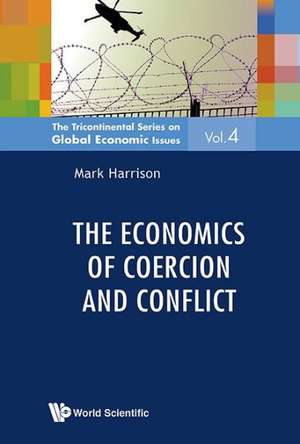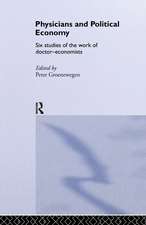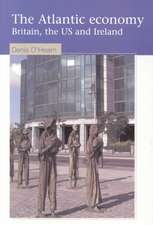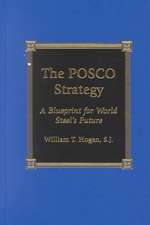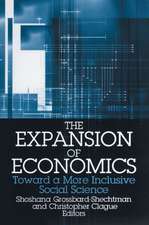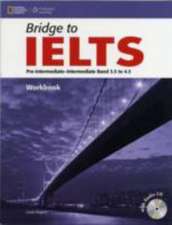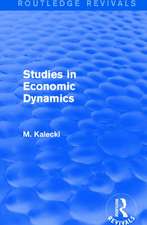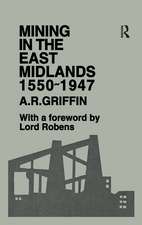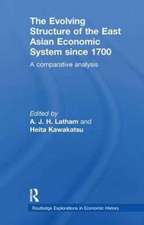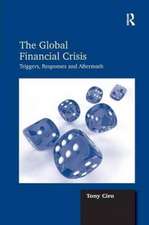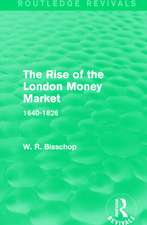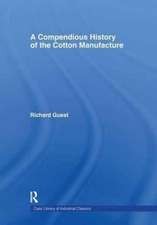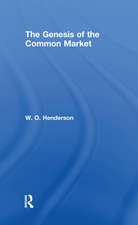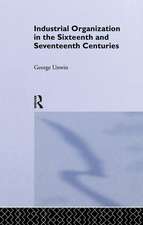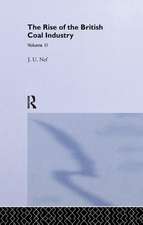The Economics of Coercion and Conflict: Accelerators for High Intensity Beams: Tricontinental Series on Global Economic Issues, cartea 5
Autor Mark Harrisonen Limba Engleză Hardback – dec 2014
Preț: 889.04 lei
Preț vechi: 1084.19 lei
-18% Nou
Puncte Express: 1334
Preț estimativ în valută:
170.12€ • 177.27$ • 140.86£
170.12€ • 177.27$ • 140.86£
Carte tipărită la comandă
Livrare economică 03-17 aprilie
Preluare comenzi: 021 569.72.76
Specificații
ISBN-13: 9789814583336
ISBN-10: 9814583332
Pagini: 440
Dimensiuni: 157 x 229 x 28 mm
Greutate: 0.7 kg
Editura: World Scientific Publishing Company
Seria Tricontinental Series on Global Economic Issues
ISBN-10: 9814583332
Pagini: 440
Dimensiuni: 157 x 229 x 28 mm
Greutate: 0.7 kg
Editura: World Scientific Publishing Company
Seria Tricontinental Series on Global Economic Issues
Descriere
The papers brought together in this volume represent a decade of advances in the historical political economy of defence, dictatorship, and warfare. They address defining events and institutions of the world in the twentieth century: economic consequences of repression and violence, the outcomes of two world wars, and the rise and fall of communism. They cross traditional disciplinary boundaries, combining a broad sweep with close attention to measurement and narrative detail; offering insights into these issues from economics, history, political science, and statistics; and demonstrating in action the value of a multi-disciplinary approach.
The author was one of the first economists to leverage the opening of former Soviet archives. He has led international projects that reinvented the quantitative economics of the two world wars and contributed significantly to historical Soviet studies. In 2012, he shared with Andrei Markevich the Russian National Prize for Applied Economics, which was awarded in recognition of their research.
